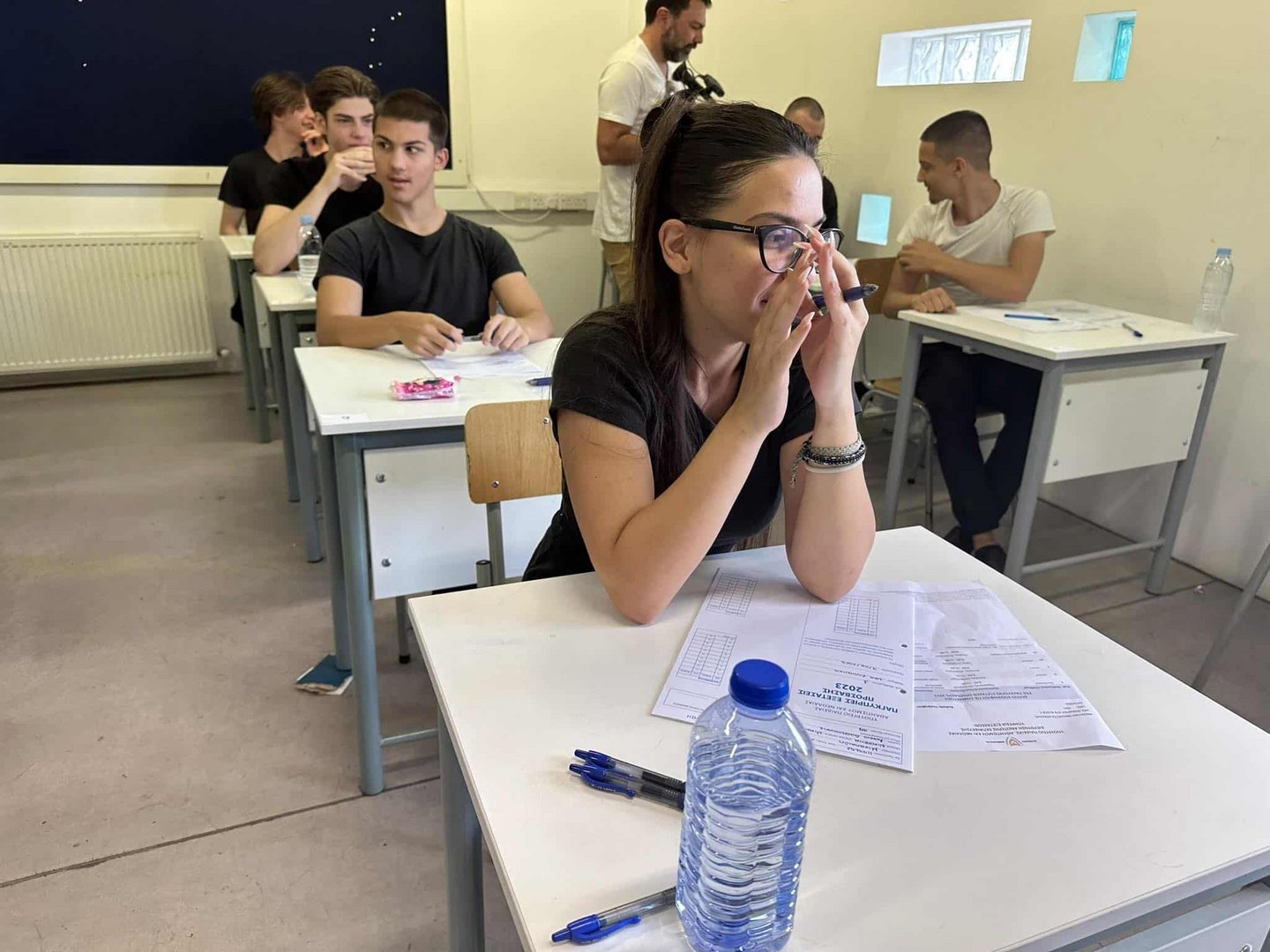Top students, parents and teachers have blasted a national maths exam as “impossibly challenging”, it emerged on Tuesday.
The exam, which is used for university entry in Cyprus and Greece, was judged to have been unrealistically tough with charges that it “victimised students”, including many who had been top of their class throughout the year.
The almost universal reaction to the mid-June exam, according to Philenews, saw students, parents and teachers decrying the number of topics and their difficulty, as well as some items derided as “incomprehensible” and poorly worded.
As a result, the education ministry is being publicly grilled over the way exams are written and standardised, while some have suggested that the only course of action is for the ministry to offer students the chance to re-sit a new exam.
Proponents of this view, among them the secondary parents’ association and at least ten teachers, have argued that the exam is the most difficult one they have seen in 15-20 years, according to reports.
In response, the ministry of education has reportedly given instructions for markers to be flexible and err towards crediting examinees when in doubt. However, this solution is seen as inadequate for many who don’t wish to rely on the “whim” of any given marker.
Some observers, however, disagree with the notion that the exam was inordinately difficult.
“Perhaps we should ask ourselves if maybe students are not studying systematically and covering topics only superficially, based on those from previous’ years [exams],” math teacher Yiannis Ioannou wrote in an article on educational site Paideianews.
In his article he soberly item-by-item demystifies the offending exam, providing the answers, and pointing out how 80 to 90 per cent of the questions could be found in examples provided in the students’ maths books.
“In the last few years as soon as students find a subject hard, they turn to the media demanding points be granted which they didn’t succeed in earning. But [these kinds of] unsubstantiated claims risk obscuring the real problem—that weak maths skills are pervasive,” Ioannou argued.






Click here to change your cookie preferences